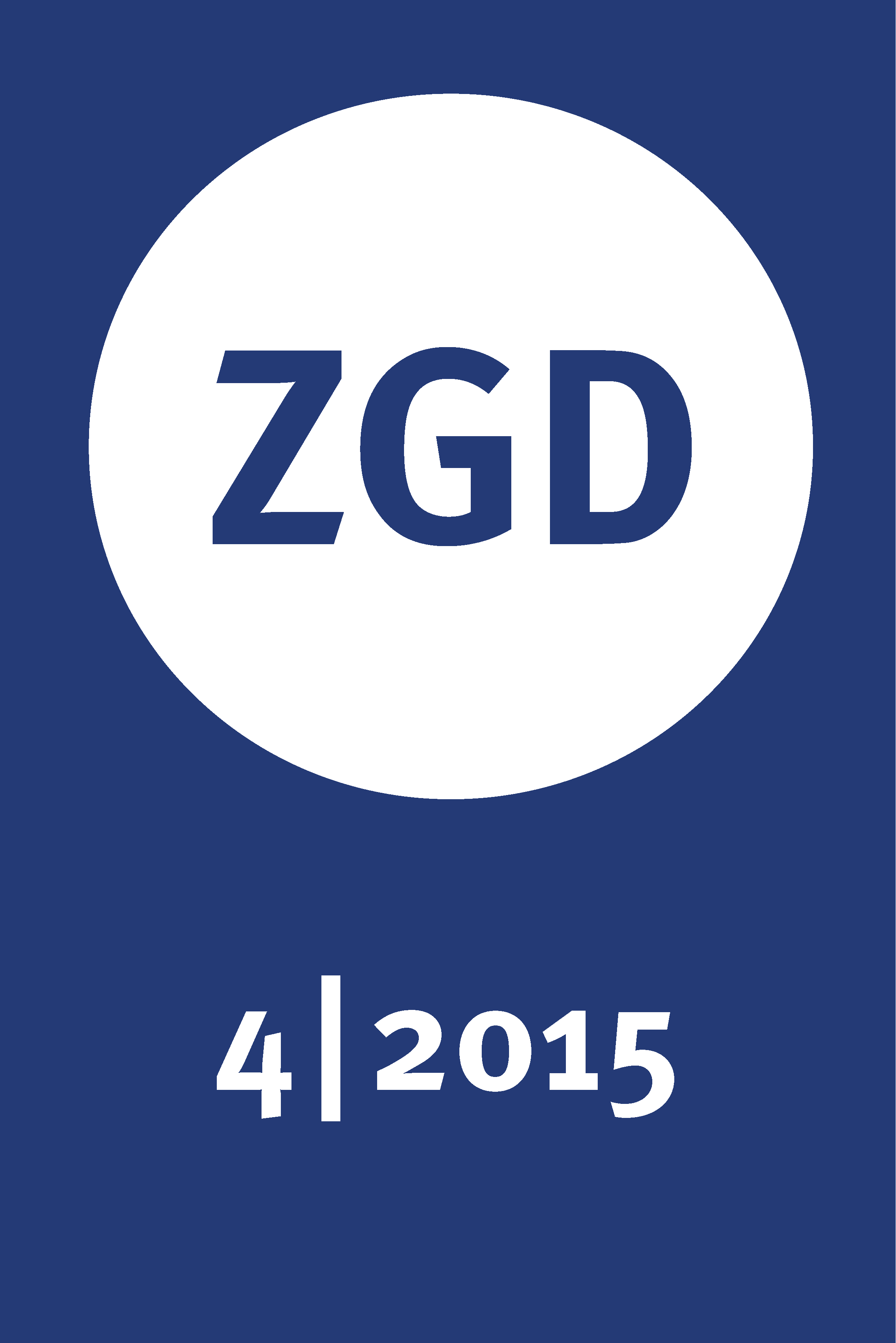Die Rezeptionsfähigkeit von Schülerinnen und Schülern bei der Bewertung von Argumentationen im Geographieunterricht am Beispiel von raumbezogenen Konflikten
DOI:
https://doi.org/10.18452/23295Keywords:
argumentation competence, Thinking aloud, spatial conflictsAbstract
According to the Educational Standards in Geography for the Intermediate School Certificate (DGfG, 32014), argumentation competences are part of the competence area of communication skills. Arguments can be divided into the dimensions of reception, production and interaction (Budke, Schiefele & Uhlenwinkel, 2010, 184). The focus is the ability to perceive argumentative texts in Geography lessons, i.e. the identification and evaluation of the different point of views. Within the framework of a dissertation it was investigated how students evaluate the actors' argumentations of spatial conflicts and which criteria they apply to do so. Spatial conflicts allow teachers to deal with different opinions and perspectives of various actors, including their individual interests. For the data collection a questionnaire was designed. It presented arguments of (fictional) actors in spatial conflicts which had to be assessed by the high school students. To do so they used their familiar German grade scale of 1 (very good) to 6 (poor). The pupils verbalised these ratings, their ideas and thoughts. This method is called Thinking aloud. The data of the questionnaire was analysed using quantitative methods. The data of thinking-aloud-protocols was transcribed and analysed using qualitative content analysis based on Mayring (2007). With the help of this data analysis, a total of five main criteria could be determined, which pupils used in their evaluation of arguments: structure of argumentation, referring to space, perspectivity, content and language. These criteria overlap partially with the deductively created criteria of the theoretical discussion. Additionally, inductive criteria could also be developed. This article examines the five criteria which pupils applied in order to evaluate arguments in spatial conflicts and presents the collection process (of data).
Downloads
Published
How to Cite
Issue
Section
License
Copyright (c) 2022 Journal of Geography Education

This work is licensed under a Creative Commons Attribution-NonCommercial-NoDerivatives 4.0 International License.







